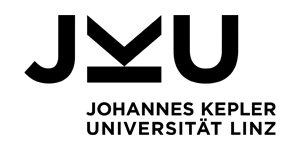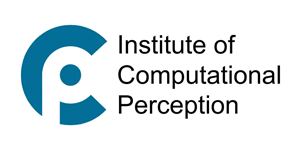Step into the fast-paced world of a newsroom, where you are the media analyst. Can you tell if a headline is truthful or just misleading clickbait? This immersive experience throws you into the whirlwind of online information, where deepfakes, emotional bait, viral posts, and AI-generated content blur the line between fact and fiction. With the help of headlines, fast-paced gameplay, and social decision-making, you will test your instincts, face your biases, and see how misinformation tricks us all. Real-time stats, deepfake projections, glitch aesthetics, media chaos, and news visuals immerse visitors in the disorienting environment where misinformation thrives. Inspired by research in media literacy, cognitive psychology, and natural language processing, this installation is not just a game, it is a wake-up call for the way we share and believe in the digital age. Walk out wiser, sharper, and better equipped to navigate today’s complex information landscape.
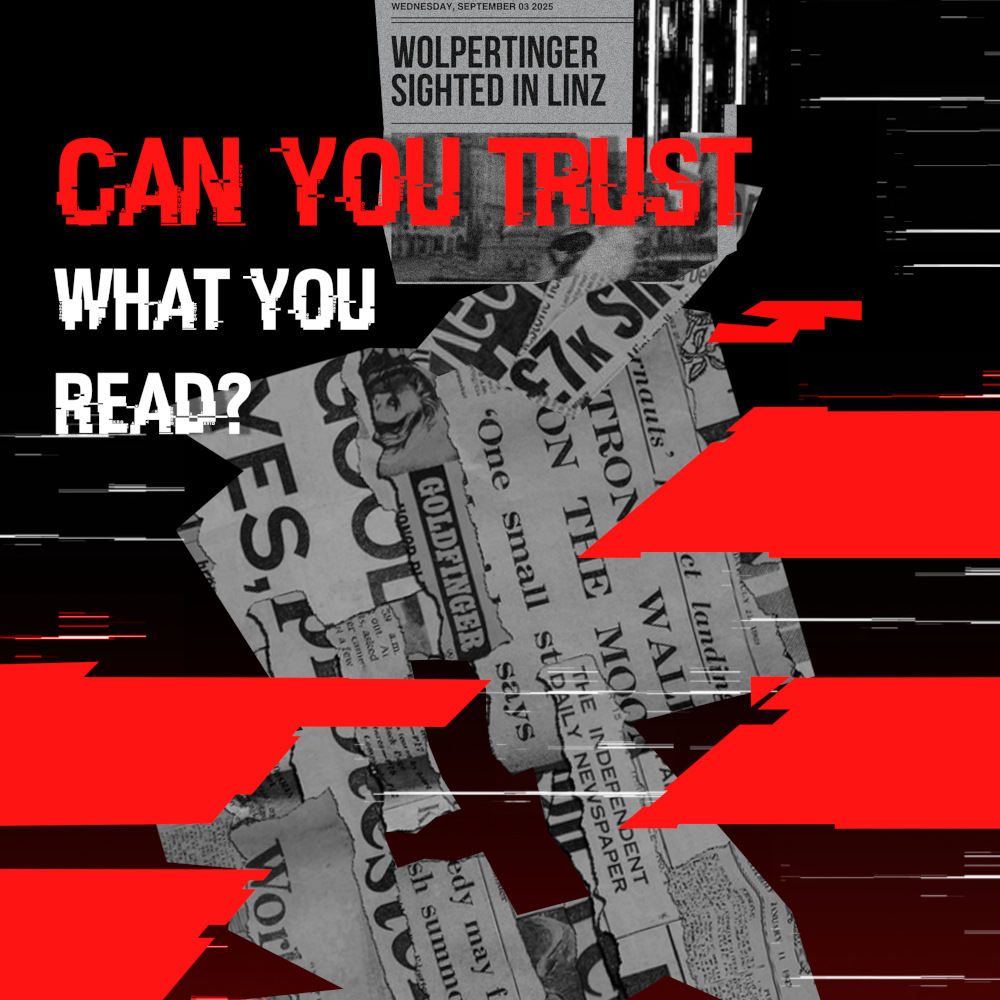
“Breaking News: Wolpertinger sighted in Linz!” / Antonela Tommasel, Anna Hausberger, Markus Schedl, Gustavo Escobedo, Samaa Mizar, Michael Preisach - Photo: Samaa Mizar
“Breaking News: Wolpertinger sighted in Linz!”
An Interactive Experience Exploring the Mechanics of Misinformation
Antonela Tommasel (AR), Anna Hausberger (AT), Markus Schedl (AT), Gustavo Escobedo (PE), Samaa Mizar (AT), Michael Preisach (AT)
-
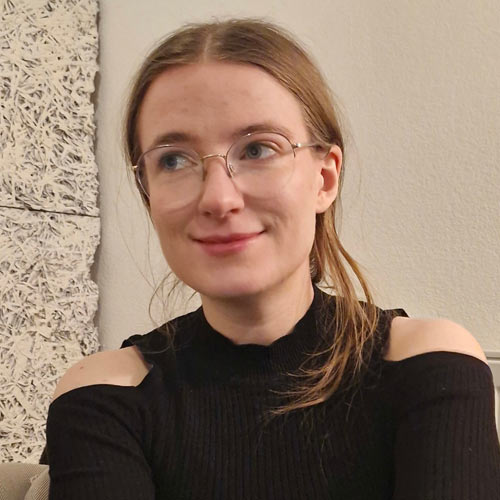
Photo: Anna Hausberger
Anna Hausberger
Anna Hausberger is a recent graduate and researcher at Johannes Kepler University Linz, specializing in context-based recommender systems, multimodal data, and AI explainability.
-

Photo: Juan Manuel Rodriguez
Antonela Tommasel
Antonela Tommasel is a researcher at JKU Linz and CONICET (Argentina). Her research interests include recommender systems, applied natural language processing (NLP), social computing, the spread of misinformation, fairness in recommender systems, and applications of large language models (LLMs).
-
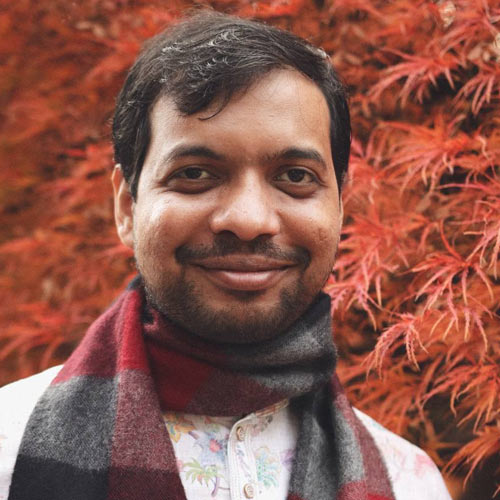
Photo: Santa Pile
Deepak Kumar
Deepak Kumar is a PhD student at Johannes Kepler University, Linz, focusing on fairness and bias mitigation, particularly in large language models (LLMs) and recommender systems.
-

Photo: Gustavo Escobedo
Gustavo Escobedo
Gustavo Escobedo is a PhD student at the Institute for Computational Perception at Johannes Kepler University Linz, currently working on debiasing and privacy-enhancing methods for recommender systems.
-
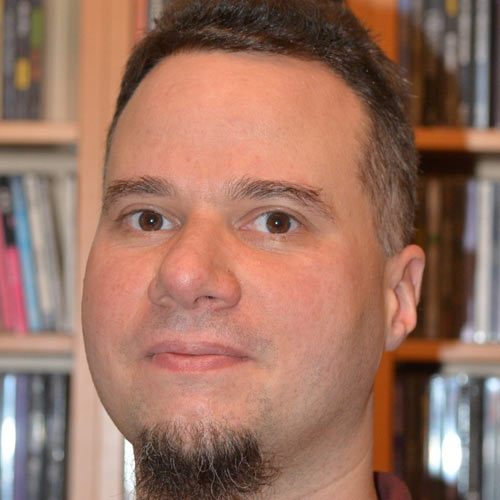
Photo: Markus Schedl
Markus Schedl
Markus Schedl is a full professor at Johannes Kepler University Linz (JKU), affiliated with the Institute of Computational Perception, where he leads the Multimedia Mining and Search group. In addition, he is head of the Human-centered AI group at the Linz Institute of Technology (LIT) AI Lab. His main research interests include recommender systems, information retrieval, machine learning, natural language processing, multimedia, and trustworthy AI.
-

Photo: Sarah Schropp
Michael Preisach
Michael Preisach is a technician from Linz, Austria, with a strong affinity for technology. His passion for excellence drives him to continuously improve and refine his work, ensuring everything he handles reaches its highest potential.
-

Photo: Ki Schattauer
Samaa Mizar
Samaa Mizar is an aspiring digital artist and animator based in Austria, currently pursuing a degree in Digital Arts at the University of Applied Sciences Upper Austria (FH Hagenberg). Notable works include the animated short film Undark, a frame-by-frame 2D animated documentary that explores the tragic history of the “Radium Girls.” In this project, she contributed as co-director, lead animator, choreographer for the dance scene, and post-production artist.
